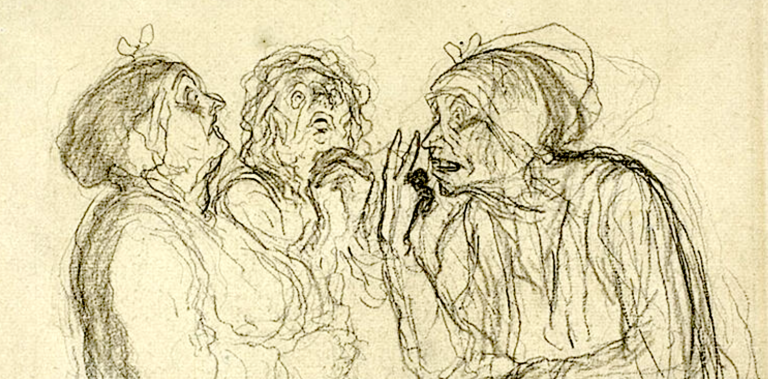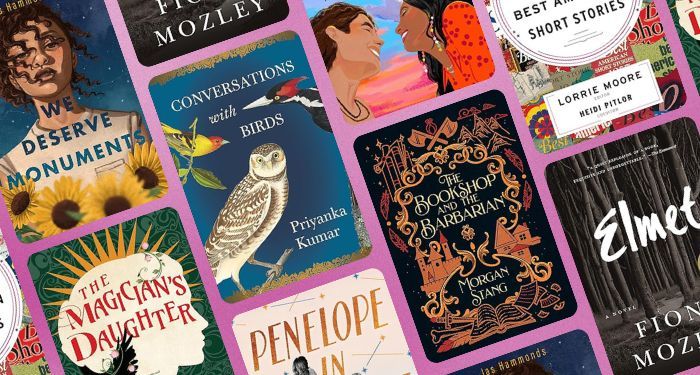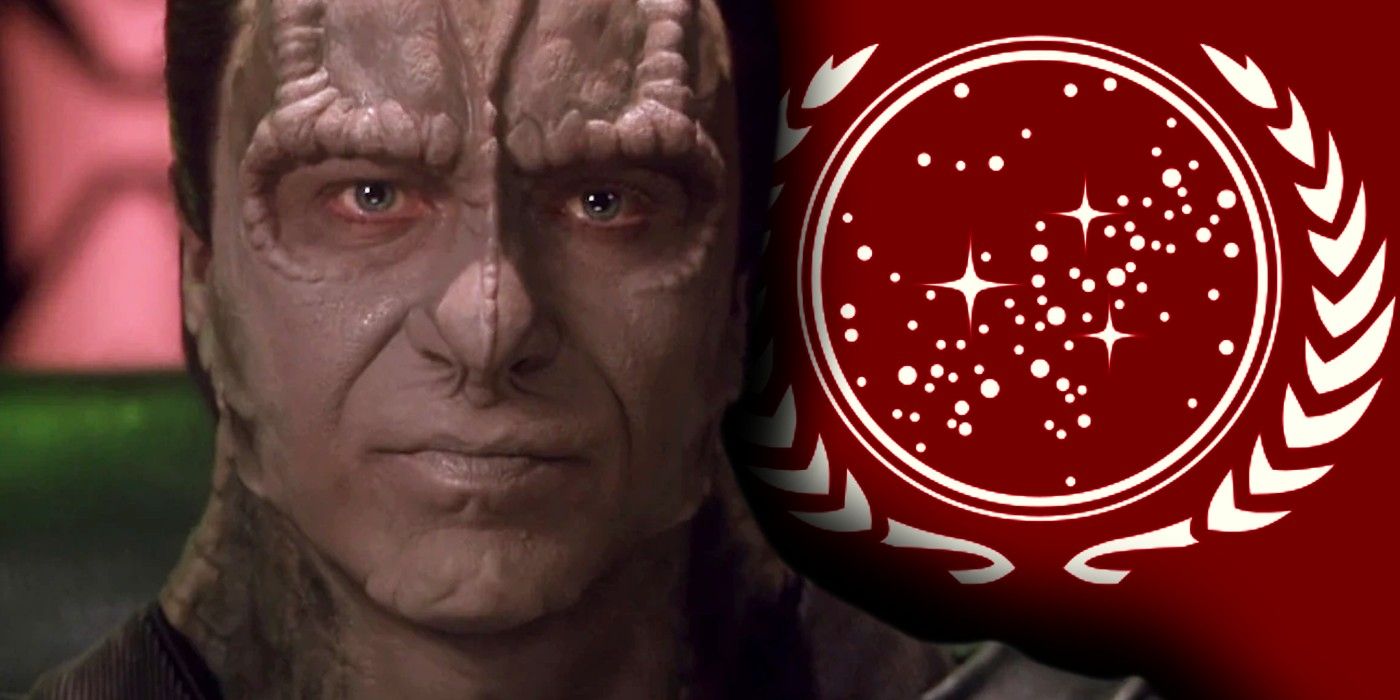
Another day, another literary scandal. Such is BookX in 2024. Buckle up, for today brings news of an especially strange case of dissembling, involving a fantasy author writing under a few different racial identities and a handful of pseudonyms. I’m sorry in advance if you were using your brain today for other things.
The trouble began back in June of 2020, when a queer fantasy and science fiction writer known as Taylor B. Barton was accused of racist bullying by several of their fellow authors. Barton, a self-identifying trans person who also wrote and published under the name Taylor Brooke, was tried on Twitter—and though mounting accusations prompted them to issue a (deeply milquetoast) apology, the harm proved irrevocable. Barton/Brooke was dropped by their publishers (Inkyard Press, Carina Press), as well as their agent. Their queer fantasy novel, The Ninth Life, and their “queer holiday romance,” Full Moon in Leo, were quietly shuttled out of print.
As you might be able to predict if you’ve also given away precious neurological real estate to Jack Dorsey and Elon Musk, things only got hinkier from there. The author formerly identifying as Barton/Brooke took refuge in another of their pen-names, Brooklyn Ray, and began arguing with their accusers online. A nasty back and forth followed in which Barton (now Ray, keep up) modeled poor media training. Readers attempted to educate the author with paraphrasings of Sarah Schulman’s Conflict is Not Abuse. After a final insistence that they’d done nothing wrong, Barton/Brooke/Ray appeared to leave social media for good. But as every fantasy fan knows, a dramatic exit is often as not a smoke-bomb covering…reinvention.
In 2021, a “newcomer” named Jupiter Wyse appeared on the fantasy scene. Jessica Porter picked up the thread in Fanficable; Wyse, an author who identified publicly as a “qtpoc” (or queer trans person of color), frequently alluded to their Latinx roots in fiction, and on Twitter—namely in tirades directed at a racist publishing industry. (“As a diaspora, monolingual, Latinx person…” began a characteristic Tweet.) Thanks to the machinations of a fleet of Nancy Drews, it came to light that Wyse was, in fact, a deep fake creation of the white artist FKA-Taylor-B.-Barton’s. I.e., a craven attempt to gain sympathy and commercial appeal.
The story might have ended (again…) when Wyse’s agent, Tara Gilbert, dropped them in a public Twitter post for misrepresenting their racial identity.
BUT WAIT. THERE’S MORE.
Enter—apparently—another queer fantasy and paranormal romance author, Freydís Moon. Beginning in 2022, Moon, a queer erotic horror author also self-identifying as Latinx, began publishing a trilogy called The Gideon Testaments alongside several standalone fairy tales. (In March 2023, Olivia Waite of The New York Times praised Moon’s self-published novella, Heart, Haunt, Havoc, writing of the book: “It knows the weight of terror, and what survival costs [italics mine].”) Once again, there proved breadcrumbs to follow. Many of Moon’s readers noted that certain biographical details in their story didn’t add up. And when Moon sent Beta readers pages from a work in progress that more-than-resembled pages from an old Wyse draft, the dung hit the fan.
This thread, compiled by the author Elle Porter, builds a convincing case that Freydís Moon is yet another reincarnation of the disgraced Taylor B. Barton. Porter details a stack of clues. (Though not as many clues as you’ll find in this 39 page supplementary Google Doc.) In another thread, the queer romance author Anna Zabo detailed their findings connecting Moon to a host of other nom de plumes. Seemingly off this evidence, the weekend found readers—and critics like Waite—renouncing support for this mercurial, many-named author.
And now, now, we’ve come to the end. For now, at least. Do I feel a bit like a muckraker, falling down this rabbit-hole? On the one hand, Moon(?!) seems to be another fascinating entry in a long line of literary fabulists, who hold our fascination on the strength of sheer chutzpah alone. On the other, I feel their fans’ righteous anger. Racefakery (to say nothing of bullying and open racism) is not a victimless crime; the Dolezals of this world make parodies of the identities they deign to think they can assume.
Clinchingly, the betrayal in this Moon case feels personal, reverberating as it does through a close-knit faction of readers. In an elegant summary of the ongoing fiasco, BookTok sleuth Grapie Deltaco notes that this is a “major hit to the queer indie community.” Friends and fans of Freydís are coming out as heartbroken.
Meanwhile, the author themself continues to deny all allegations. But has gone private on their several profiles.












 Bengali (Bangladesh) ·
Bengali (Bangladesh) ·  English (United States) ·
English (United States) ·